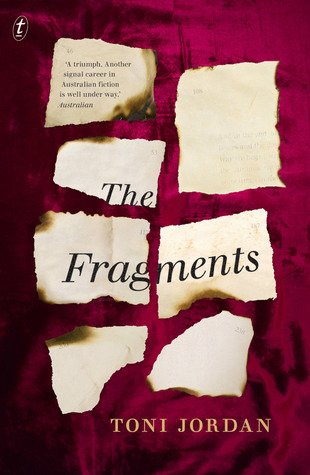Hello and welcome back for another look at the historical fiction we have been reading and reviewing over the last month. There were 26 reviews on 25 books by 24 authors linked into the database for this period. Interestingly, there are no overwhelming favourites to report on. Overall, this might just be the quietest month of the year so far for historical fiction!
Emily Madden’s The Lost Pearl was the only book to receive more than one review, these being from Nicole@Goodreads and ReadRoundOz.
Out of the other titles reviewed and linked, the following few stand out as books I haven’t featured previously:
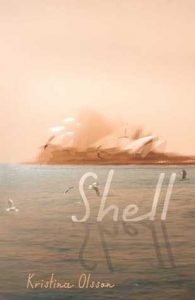 Shell by Kristina Olsson was reviewed with mixed feelings by Brenda@Goodreads:
Shell by Kristina Olsson was reviewed with mixed feelings by Brenda@Goodreads:
“While fully aware of the poignancy and beautiful writing of Shell by Aussie author Kristina Olsson, I found myself struggling, putting the book down and going back to it days later. The author has indulged in my pet hate – no speech marks – with the dialogue in italics inside the paragraphs. Very off-putting for me I’m afraid. The cover is stunning, but I’m disappointed I didn’t love this book as I expected to. That said, I’ll still recommend it to others who are sure to enjoy it more than I did.”
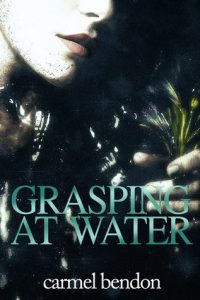 Grasping at Water by Carmel Bendon was reviewed by Isobel Blackthorn who found it to be:
Grasping at Water by Carmel Bendon was reviewed by Isobel Blackthorn who found it to be:
“A story of loss, grief and acceptance, on one level a feel-good mystery to warm the heart. On a mystical level, here is a story of a rite of passage, one that will leave the reader questioning their everyday reality. A fascinating read.”
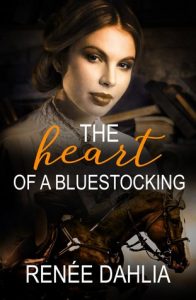 Helen Sibbritt reviewed the latest instalment in Renee Dahlia’s Bluestocking series, The Heart of a Bluestocking, pegging it as “a good historical with a strong heroine.”
Helen Sibbritt reviewed the latest instalment in Renee Dahlia’s Bluestocking series, The Heart of a Bluestocking, pegging it as “a good historical with a strong heroine.”
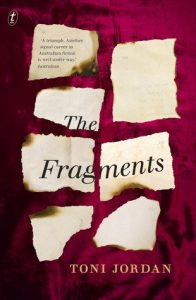 The Fragments by Toni Jordan was reviewed most favourably by Marianne @Cloggie Downunder:
The Fragments by Toni Jordan was reviewed most favourably by Marianne @Cloggie Downunder:
“Jordan’s depiction of the mid-eighties Brisbane summer is absolutely spot-on: not just the weather, the clothing, the food and drink, but also the social attitudes, the politics, the in-jokes, the leisure activities and the dialogue. And of course, the lack of mobile phones, digital records, internet and Google. It’s easy to forget how tedious doing research could be, with the microfiche being at the cutting edge of technology; and how inconvenient personal contact could be, tethered to a landline that was shared by many. Similarly, the nineteen-thirties are well-rendered with plenty of allusions anchoring it firmly in pre-war America.”
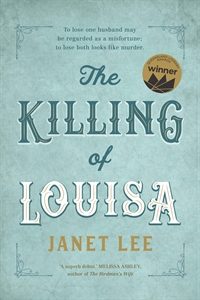 My contribution to the historical fiction side of the challenge this last month came in the form of an interview with Janet Lee, author of The Killing of Louisa.
My contribution to the historical fiction side of the challenge this last month came in the form of an interview with Janet Lee, author of The Killing of Louisa.
I hope you have a fabulous month of reading until we next meet up. There are a few high profile historical fiction releases on the horizon for the last week of October and the first week of November, so I’m anticipating a bigger haul for my next round up. Until then, read on!
 About Theresa: Writer, avid reader, keen reviewer, book collector, drinker of all tea blends originating from Earl Grey, and modern history enthusiast. I enjoy reading many genres but have a particular interest in historical fiction. You can find me and all of my book related news and reviews at Theresa Smith Writes, Facebook, Goodreads and Twitter @TessSmithWrites.
About Theresa: Writer, avid reader, keen reviewer, book collector, drinker of all tea blends originating from Earl Grey, and modern history enthusiast. I enjoy reading many genres but have a particular interest in historical fiction. You can find me and all of my book related news and reviews at Theresa Smith Writes, Facebook, Goodreads and Twitter @TessSmithWrites.

